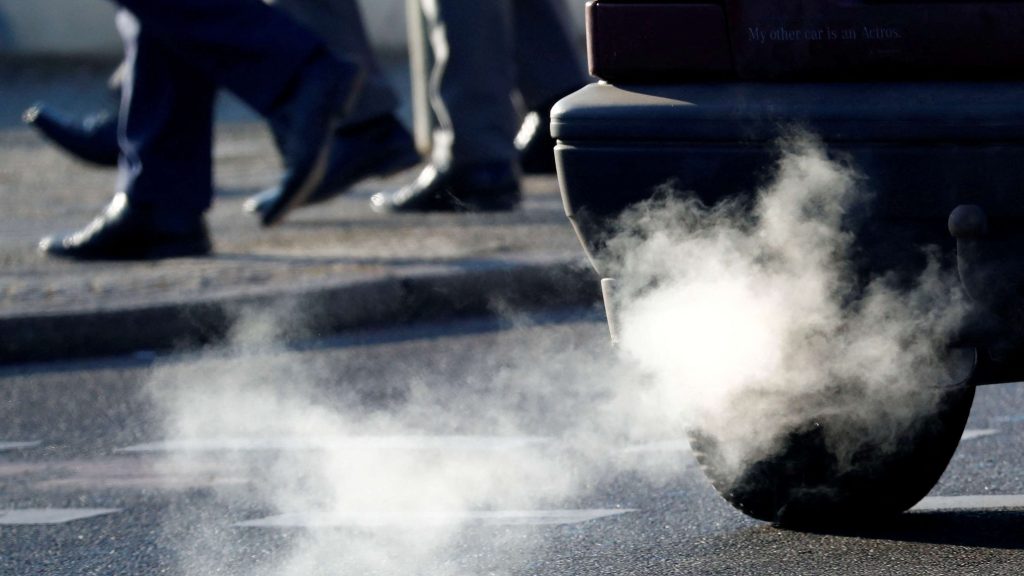
European Union countries’ energy ministers are set to give final approval on Tuesday to the bloc’s law to end sales of new CO2-emitting cars in 2035, after Germany won an exemption for cars running on e-fuels.
The vote comes three weeks later than planned after Germany’s transport ministry lodged last-minute opposition to the law, threatening to derail the EU’s main policy for bringing cars in line with its climate change targets.
The European Commission struck a deal with Germany over the weekend to resolve the row, by offering assurances that combustion engine cars that only run on e-fuels will be exempted from the 2035 ban.
Most countries are likely to back the law on Tuesday, EU officials said, which would allow it to enter into force. Italy and Poland are set to oppose, with Romania and Bulgaria expected to abstain.
The EU law will require all new cars sold to have zero CO2 emissions from 2035, and 55% lower CO2 emissions from 2030, versus 2021 levels.
The policy had been expected to make it impossible to sell combustion engine cars in the EU from 2035. But the exemption won by Germany offers a potential lifeline to traditional vehicles – although e-fuels are not yet produced at scale.
E-fuels are produced by synthesising captured CO2 emissions and hydrogen produced using CO2-free electricity. They are considered carbon neutral because the CO2 released when the fuel is combusted is balanced by the CO2 removed from the atmosphere to produce the fuel.
Transport accounts for nearly a quarter of EU emissions. The average lifespan of new cars is 15 years – so the EU says new CO2-emitting car sales must end in 2035 to comply with the bloc’s goal to have net zero emissions by 2050.
Porsche and Mazda are among the supporters of e-fuels. Other carmakers including Volkswagen, Mercedes-Benz and Ford are betting on battery-electric vehicles to decarbonise, and had urged EU countries not to row back the 2035 phase-out.
EU energy ministers are also expected to extend a voluntary target to curb their gas use 15% for 12 months, to help prepare for next winter with scarce Russian gas.
Some EU officials expected ministers to tackle a dispute over whether nuclear energy should count towards EU renewable energy targets – a question that has split countries and is threatening to delay the EU’s main renewables policy.
BRUSSELS (Reuters)
Inside Telecom provides you with an extensive list of content covering all aspects of the Tech industry. Keep an eye on our News section to stay informed and updated with our daily articles.